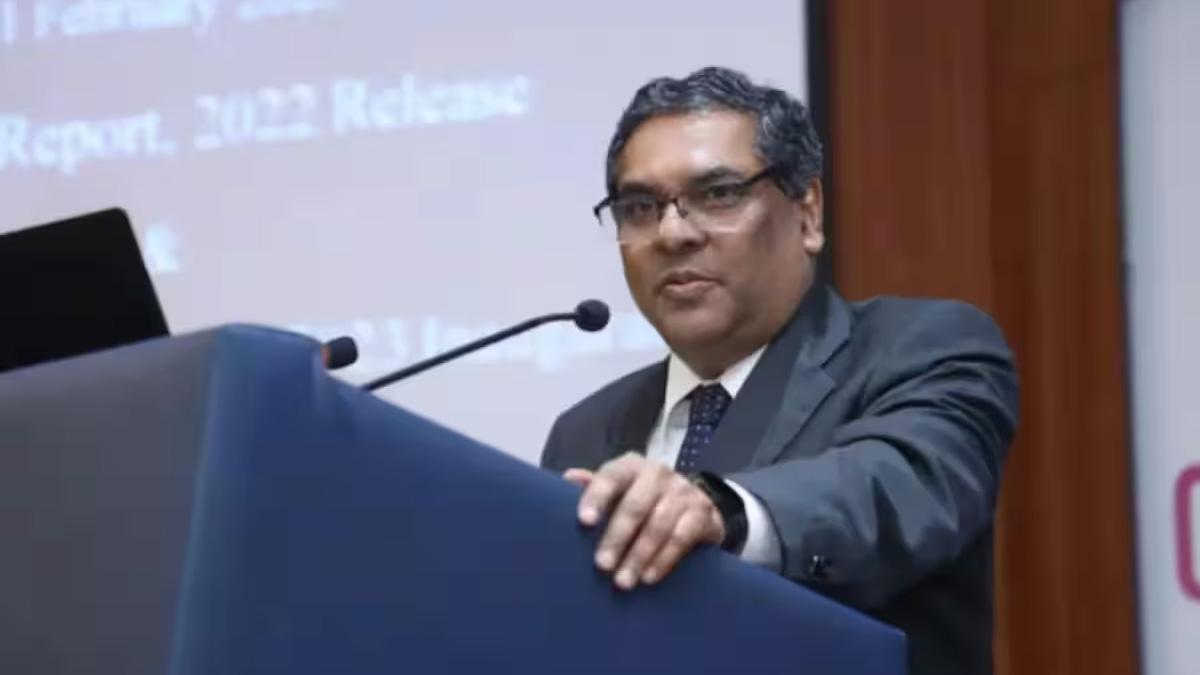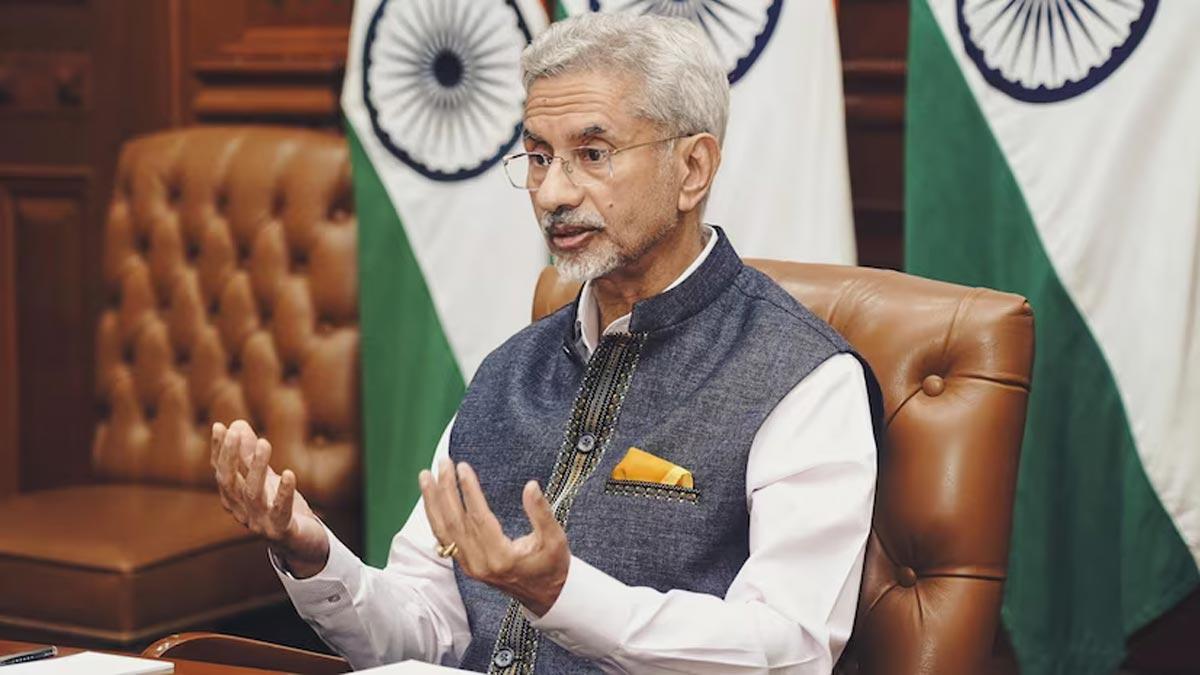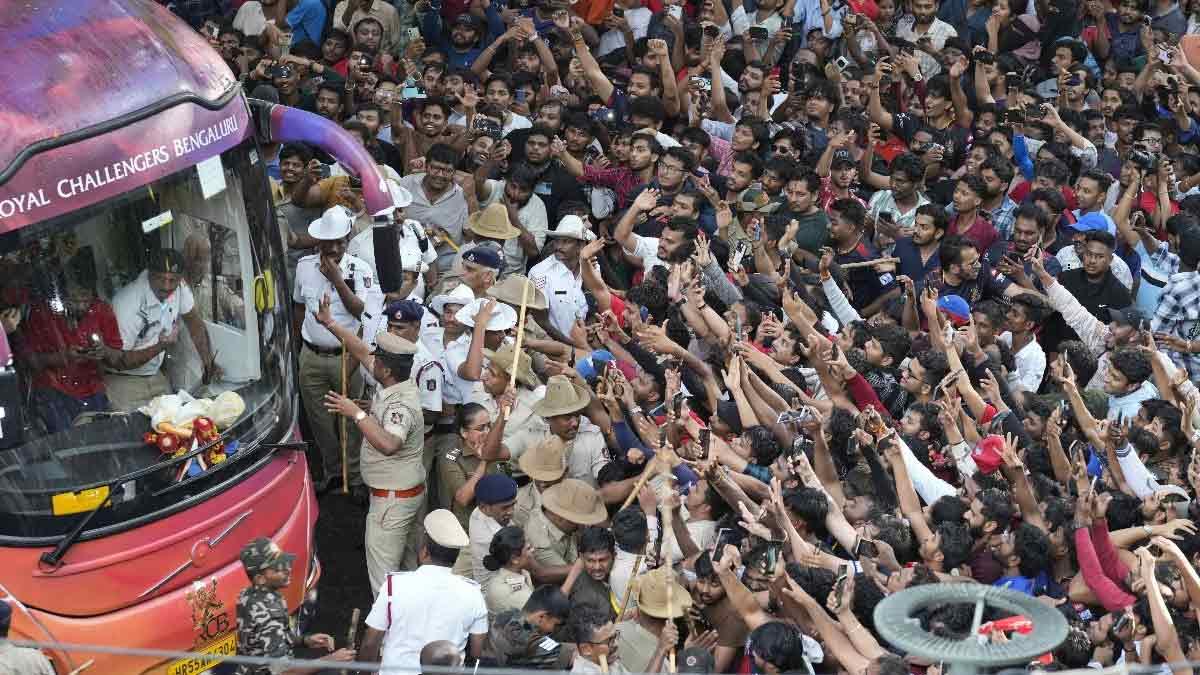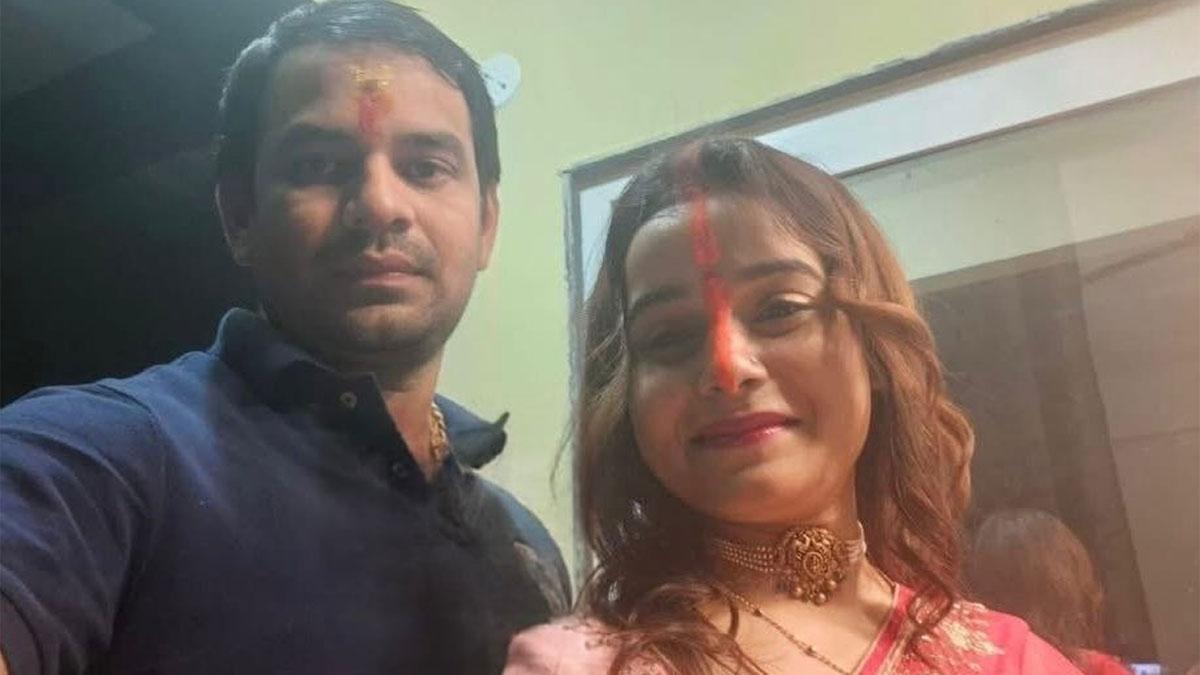President Droupadi Murmu on Thursday appointed Justice Sanjiv Khanna as the 51st Chief Justice of India.
Justice Khanna, who is likely to take oath on November 11, will succeed CJI D Y Chandrachud who is due to retire on November 10.
It said the government was pleased to appoint Shri Justice Sanjiv Khanna, Judge of the Supreme Court, as Chief Justice of India, in exercise of the powers conferred by clause (2) of Article 124 of the Constitution of India, with effect from 11 November 2024.
Justice Khanna will have a very brief tenure of just six months; he is scheduled to retire on March 13, 2025.
He has done his education from Delhi University's Campus Law Centre and has been enrolled as an advocate in 1983 and has mostly practiced in the Delhi High Court. Before his elevation, he had served as the Senior Standing Counsel for the Income Tax Department and was standing counsel for civil matter for the Delhi Government since June 2005.
Khanna carries with him a distinguished name in the judicial fraternity-Dev Raj Khanna was a judge of the Delhi High Court, and his uncle Hans Raj Khanna was the most senior among the puisne judges of the Supreme Court who resigned when he was superseded for chief justiceship during the Emergency.
In the last few months, Justice Khanna has, in fact been in the same court as his uncle- in Courtroom Number 2, where a life-size portrait of the senior Justice Khanna hangs.
Justice Khanna is said to be an introvert and a private man. His nearly two-decade-long judicial career has been spent in Delhi. Indeed, the Chief Justiceship will be the first big administrative role for him as a judge. He is the current Executive Chairman of the National Legal Services Authority.
Justice Khanna was promoted to the Supreme Court in January 2019. Though he had never been Chief Justice of a High Court, he was promoted over other senior judges in the Delhi High Court.
Actually, the Supreme Court Collegium had selected Justices Rajendra Menon and Pradeep Nandrajog for appointment to the Supreme Court. However, those two names were not sent to the government and, instead, Justice Khanna was promoted from the Delhi High Court.
Justice Khanna has written a few landmark judgments during his nearly six years in the Supreme Court. He was part of the five-judge Constitution Bench that held the Electoral Bond Scheme unconstitutional last February; he was also part of the bench that upheld the abrogation of Article 370 of the Constitution in 2023.
In the landmark Constitutional Bench ruling on 25 January 2023, Justice Khanna held that, under Article 142 of the Constitution, it had inherent power to grant divorce directly under the grounds of "irretrievable breakdown of marriage".
Read also| 'Widespread Anxiety' Over Potential Spread of West Asia Conflict, EAM Jaishankar


















